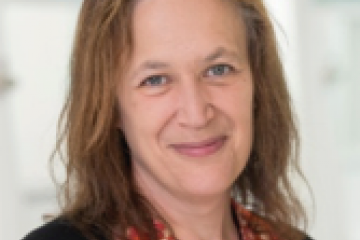PhD Studentship
Exploring the role of matrix encapsulation on early developmental decisions using non-animal sourced hydrogels

At a glance
In progress
Award date
February 2022 - January 2026
Grant amount
£120,000
Principal investigator
Professor Cathy Merry
Co-investigator(s)
Institute
University of Nottingham
R
- Replacement
Read the abstract
View the grant profile on GtR
